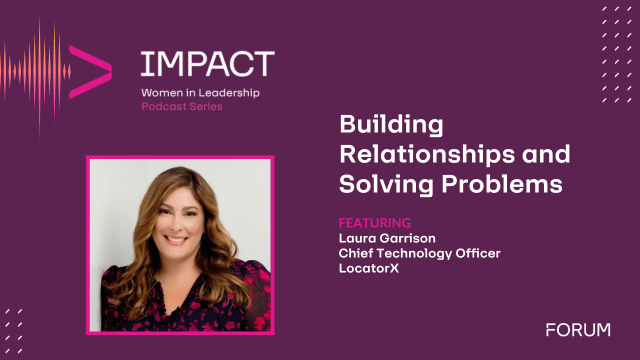The recent event, Improving Customer Experience in the Wake of COVID-19, sponsored by Neustar, brought together a panel discussing efforts to not only meet, but exceed expectations, when it comes to customer experience. Scott Straub, Public Sector Lead, Risk Markets with Neustar, led the discussion, asking questions centering around how customer needs have changed throughout the course of the COVID-19 pandemic, what has been learned throughout this time, and what happens next.
The energetic panel was composed of individuals who evaluate and analyze customers’ needs, ensuring the end user of a service is able to provide actionable input. Barbara Morton, Deputy Veterans Experience Officer, Department of Veterans Affairs, spoke to empathy being the most important but also the hardest to achieve when evaluating a good experience. MaryAnn Monroe, Director of Customer Experience, HighPoint Global, discussed how coping with changing technology and customer needs can be difficult. And Rick Parrish, Vice President, Principal Analyst, Forrester, addressed the importance of continuing to do new things and being flexible in meeting Government standards.

Driving Good Experience
The best operational model on paper is in need of tweaking if the end user does not walk away feeling satisfied. Parrish suggested that solving problems quickly and customer perception are the main drivers of a good experience. Morton added that leading with empathy is an important factor in delivering a good experience that leads to customers feeling safe and valued. The panel discussed how listening to and understanding customers will drive change in improving their involvement with contact centers.
Overcoming Challenges
At the beginning of the pandemic, one of the biggest tests in maintaining a good experience involved creating a telework environment for teams says Monroe. The sudden shift in operational procedures tested and taxed contact centers and the technology they used during a time when their need increased. Additionally, dealing with regulatory issues has been a factor in getting customers the information and help they seek. However, the challenges of the past few months have also allowed Government and industry to “further explore the art of possible” according to Morton.
Leveraging Data
The Department of Veterans Affairs is taking a human-centered design approach to customer service. Seeking real time feedback and looking at understanding customers is a big driver in improving the quality of service received and the end user experience. Increased communication with customers not only provides valuable data to improve operations, it also shows those searching for a service that their experience matters.
Lessons Learned
As Government, industry, and customers continue to come out of crisis mode related to COVID-19 it is important to capture and evolve some of the better processes discovered during this time. Unexpected demands on the system forced flexibility and change and we must recognize that there may not be a need to go back to business as usual pre-pandemic. The pandemic also emphasized the focus now more than ever is on providing exceptional service, with an empathic ear, to a customer at a moment that matters most to them. Operational models should address a remote and virtual aspect to prepare for any future emergency and we must all step back and appreciate that within a crisis, opportunities can arise.












